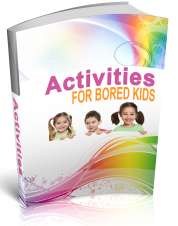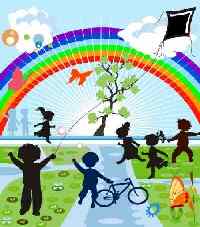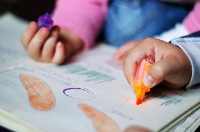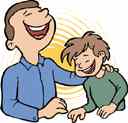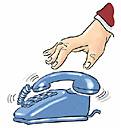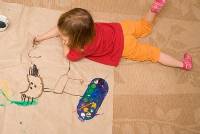AUTISM IN THE CLASSROOM
HOW TO HELP CHILDREN ON THE AUTISTIC SPECTRUM IN THE CLASSROOM
Children with autism have difficulties across the triad of impairments and around sensory issues. Autism in the classroom can sometimes make things difficult for both staff and children alike.
The triad of impairments are difficulties around
- Communication
- Social Interaction
- Flexibility of thought or you might hear "theory of mind"
Depending on where a child is on the autistic spectrum and whether they have a co morbid diagnosis; a child may also have learning difficulties. If these are moderate or severe a child may be in a special school where there needs can be better met. They will have a "Statement of Educational Needs"
Many children enter mainstream schools without a diagnosis particularly if they have High Functioning Autism or Aspergers syndrome. This is because it is fairly difficult to diagnose younger children as their difficulties are harder to detect at a young age.
Each child with autism is unique and will have their own set of difficulties. There is also a difference between the way girls and boys present.The most critical first step for children who may go on to receive a diagnosis and those that don't is for everybody working with the child to be listening to each other. This will ensure that difficulties are picked up early and strategies put in place to help a child to reach their full potential.
What might a teacher notice?
Autism in the Classroom - PERSEVERATION
A childs autism may be characterized by perseveration which is the unintentional, continuous, repetitive behavior, speech, or thoughts which interfere with normal activities.
To read more about this and other physical behaviors check out our page on the characteristics of autism page
Sensory difficulties:
- A child who may be fearful of noises (they might clasp their hands over ears or try to run away)
- The child may have difficulties wearing the school uniform
- A child may have difficulties regulating their body temperature (so may be too hot or too cold)
- The child may get distressed if made to wear a coat at playtime
- Some children may have problems with the sound of voices.
- There may be difficulties around smells of people, rooms, food, cleaning products, perfumes etc
- The child may be reluctant to enter certain rooms (perhaps the smell, high ceiling, echoes, brightness etc)
- Toilets can be an issue, again smell, locking the door, small confined space etc.
- Walking in a line close to others may be difficult
- The child may react unreasonably if they are touched in any way.
- The child may crave touching certain textures
- They may be unable to sit still
- There may be difficulties around eating if there are issues around the taste and texture of food.
- The child might find it difficult to have eye contact or the eye contact may be too much
Autism in the Classroom - Social Interaction
- The child may not speak to adults or the other children
- They may isolate themselves and spend a lot of time on their own.
- They may not understand unspoken rules in games in the playground for instance
- If a child does join in with games they may try to be controlling.
- The child may be unable to read body language or understand the looks on peoples faces.
- They may not understand a look a teacher might give.
- There may be difficulties with understanding turn taking
- The child may be over aggressive towards others
Autism in the Classroom - Communication
- The child may not understand a list of instructions
- They may notice things that nobody else does
- They may talk about the same thing all the time (for instance their favorite toy)
- the child's speech may be monotone
- They may sound like a little professor at time
- The child might not respond to you unless you say their name first
Flexibility of thought
- The child may have inappropriate attachment to objects
- They may find it difficult to play imaginatively
- You may notice that the child simply lines up toys or stacks blocks
- They may be very inflexible around changes ie. in routine.
- The child may believe that you know things that they do, ie you think the same as they do, this is called theory of mind.
- They may only understand black and white concrete speech, any grey areas will confuse so if you say maybe, later. I'll think about it you may find they get confused or angry.
What the parent might notice around schooling:
Your child may have difficulties leaving school or transitioning to home. You may be having to cope with meltdowns at home after school Your child may struggle to sleep properly and may be reluctant to go to school.
On the other hand your child may be having a lot of difficulties in school and you get called in a lot to see the teacher. You may have an angel at home
What you can do
If you suspect your child has autism then you will need to ask your doctor to refer you to a peadiatrician who is able to diagnose This may take a long time as they will want to observe the child in different situations.
You can also speak to your school nurse or SENCO about this as they may be able to advise you on the next step.To read more about how to help autism in the classroom including a checklist to get help for your child go to autism in the classroom facts
Why not visit our forums below
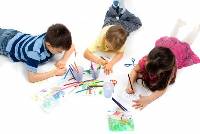
Homeschool ideas and resources
Parent News
Sign up to our newsletter and get our activities for bored kids book free.
